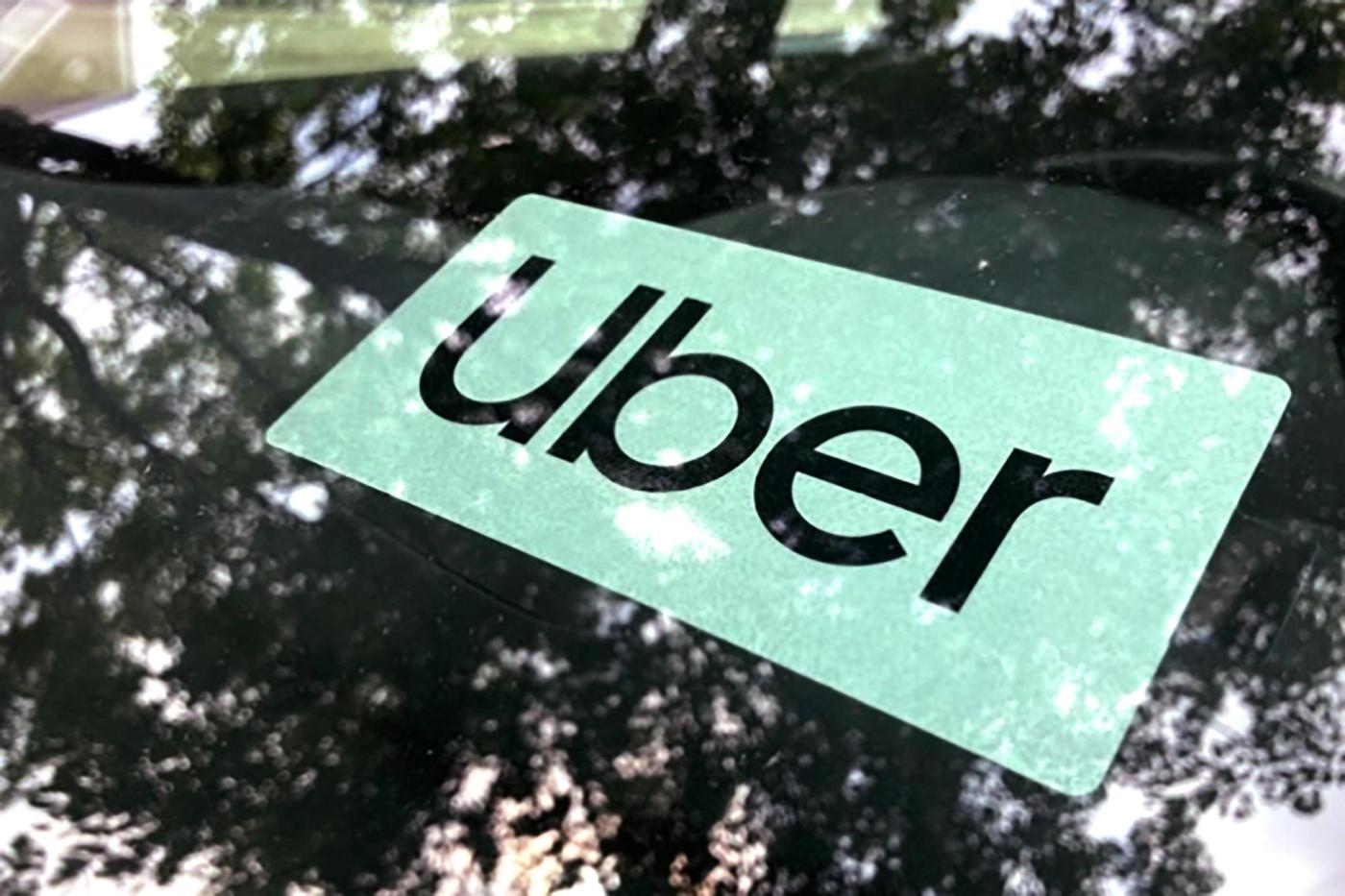
Uber Exec: If New York can figure out rideshare driver benefits, why not Massachusetts?
A top Uber executive hopes settlements with officials in New York will persuade Massachusetts lawmakers to move forward with policies that classify rideshare drivers as independent contractors with some additional benefits.
New York Attorney General Letitia James announced Thursday a pair of settlements totaling $328 million with Uber and Lfyt to resolve allegations of “cheating drivers out of hundreds of millions of dollars” that will return back pay to drivers, put in place an earnings floor, paid sick leave, hiring notices, and define their working time.
A separate settlement with the New York State Department of Labor will see Uber make quarterly payments into the state’s Unemployment Trust Fund and make retroactive payments owed since 2013.
Those deals could swing the pendulum on long-running debates in Massachusetts over rideshare drivers’ employment classification, a conversation that has already seen one ballot question tossed aside by the Supreme Judicial Court, a lawsuit scheduled for trial in May, and multiple competing bills at the State House.
Uber Senior Director for Public Policy and Communications Josh Gold said the settlements in New York can be used as “a starting point for discussions in Massachusetts” as state lawmakers consider legislation from both Reps. Mark Cusack and Jay Livingstone.
“If the New York (attorney general) and the New York governor can do it, we should be able to sit down with stakeholders and the Legislature in Massachusetts and figure out a way to get this done without even having to run the ballot,” Gold said in an interview with the Herald.
The settlements with the New York attorney general resolved multi-year investigations that found both Uber and Lyft withheld earned pay from drivers and prevented them from receiving “valuable benefits” available under state law, James said in a statement.
The New York Department of Labor deal does not make any headway on driver classification — both sides are still at odds over whether drivers are employees or independent contractors.
“Regardless of the characterization of employment status, (the Department of Labor) and Uber agree that drivers and couriers eligible for unemployment benefits should receive them, and Uber should contribute to the state’s UI Trust Fund on their behalf,” New York Gov. Kathy Hochul’s administration said in a statement.
Other groups, like the Massachusetts Is Not For Sale Coalition, have pitched Beacon Hill legislators on a policies that would give rideshare drivers the same protections, wages, rights, and benefits that full-time employees in the state are entitled to.
And the Drivers Demand Justice Coalition wants lawmakers to pass a bill that would give rideshare drivers the right to unionize.
But Gold said he is “hopeful” that the Massachusetts Legislature sees the deals in New York and “says, ‘let’s bring the parties together.’”
“Let’s open up a table, let’s discuss how to get this done so that drivers can have the flexibility they want, maintain that flexibility, and get the benefits that we’re seeing drivers in New York get,” Gold said.


